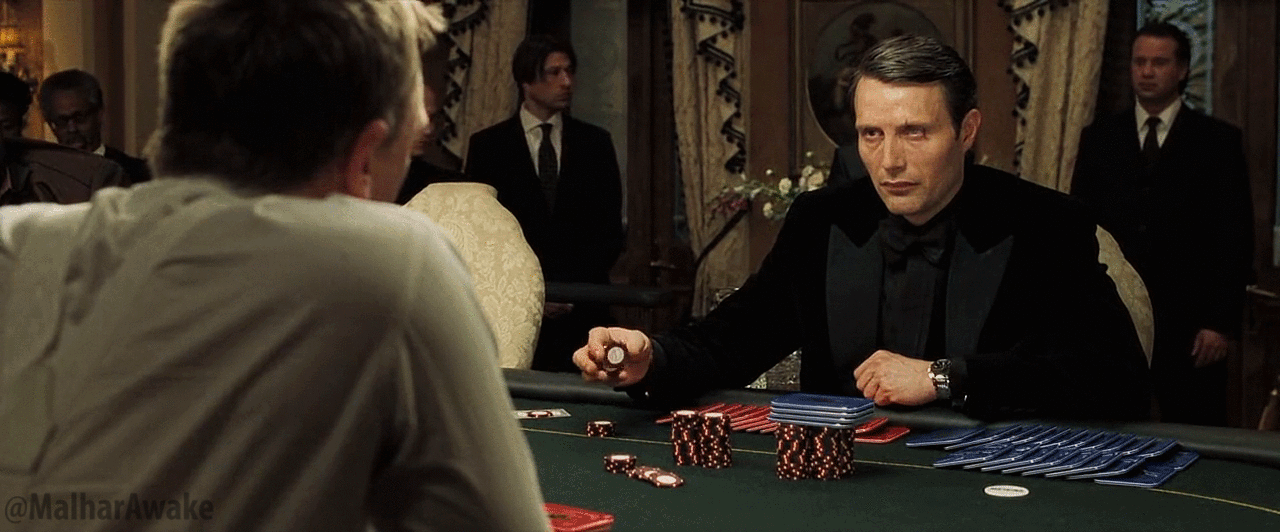Word of the Day
Perpetuity (n., purr-peh-TCHOO-ih-tea)
The state of being eternal, of going on and on into the future, with no end in sight and no reason to stop. It can also refer to an annuity that's payable indefinitely or a legal condition relating to estate law. Just remember, kids, even if you die, the government and lawyers still have to talk to you.

